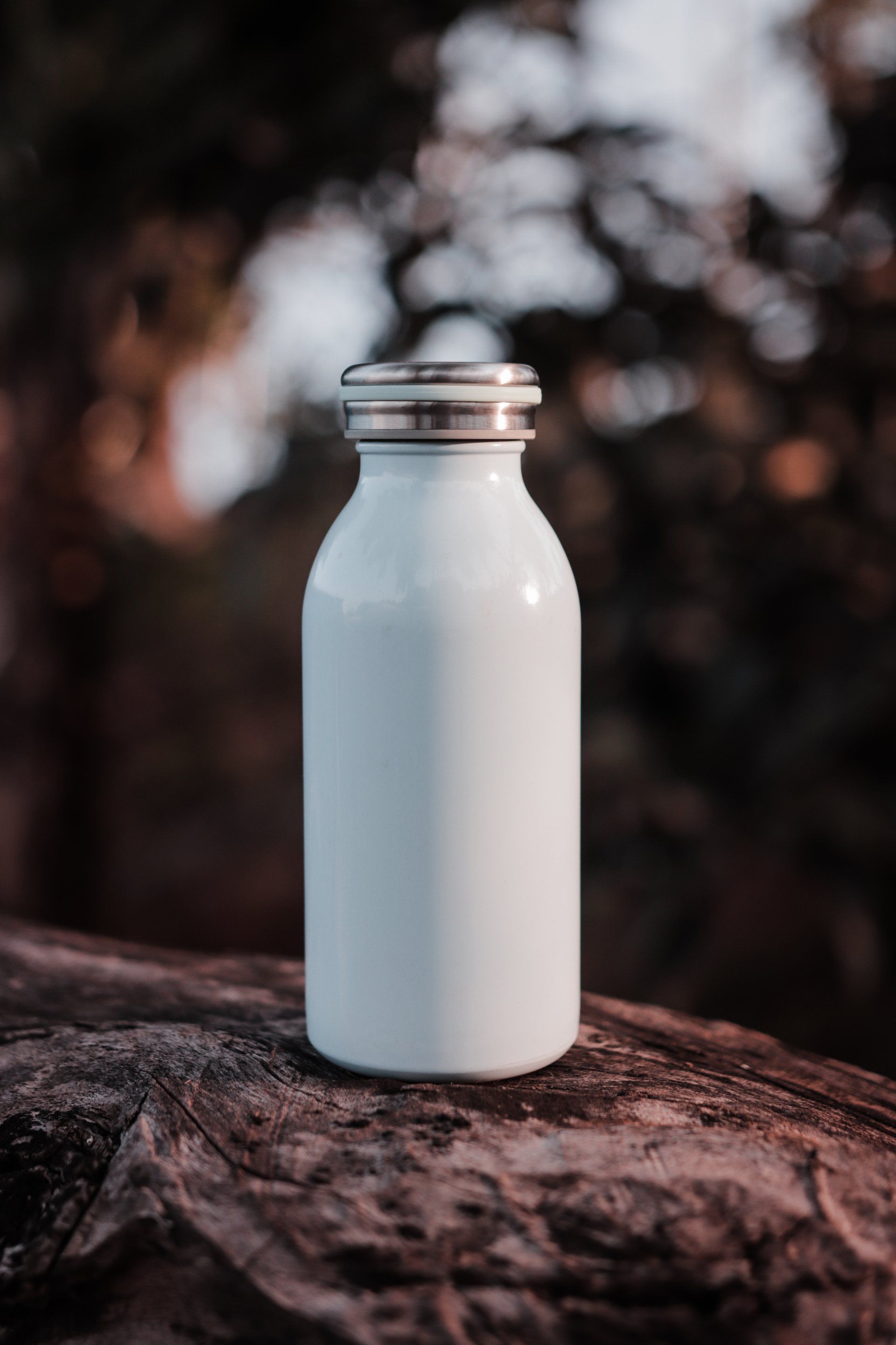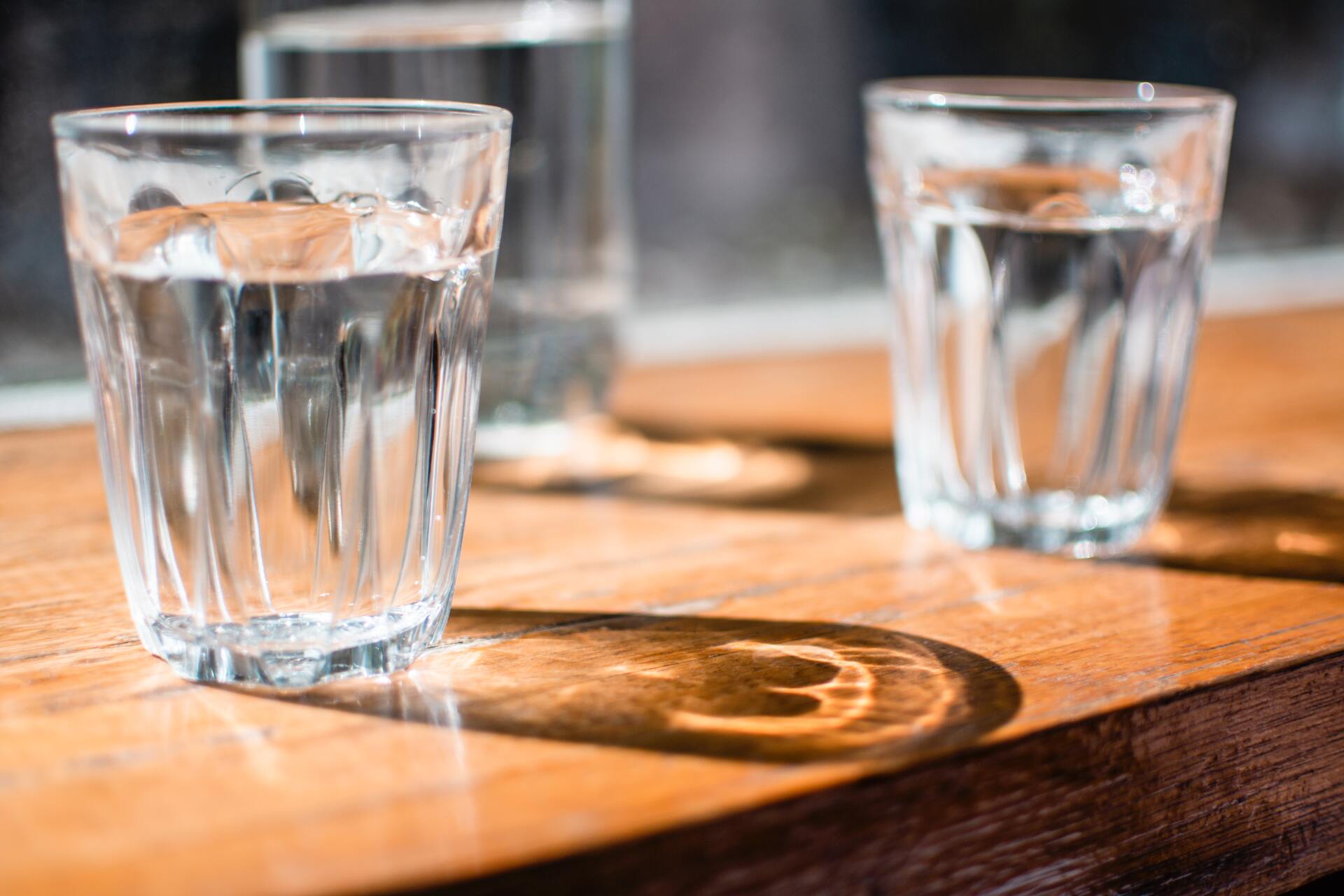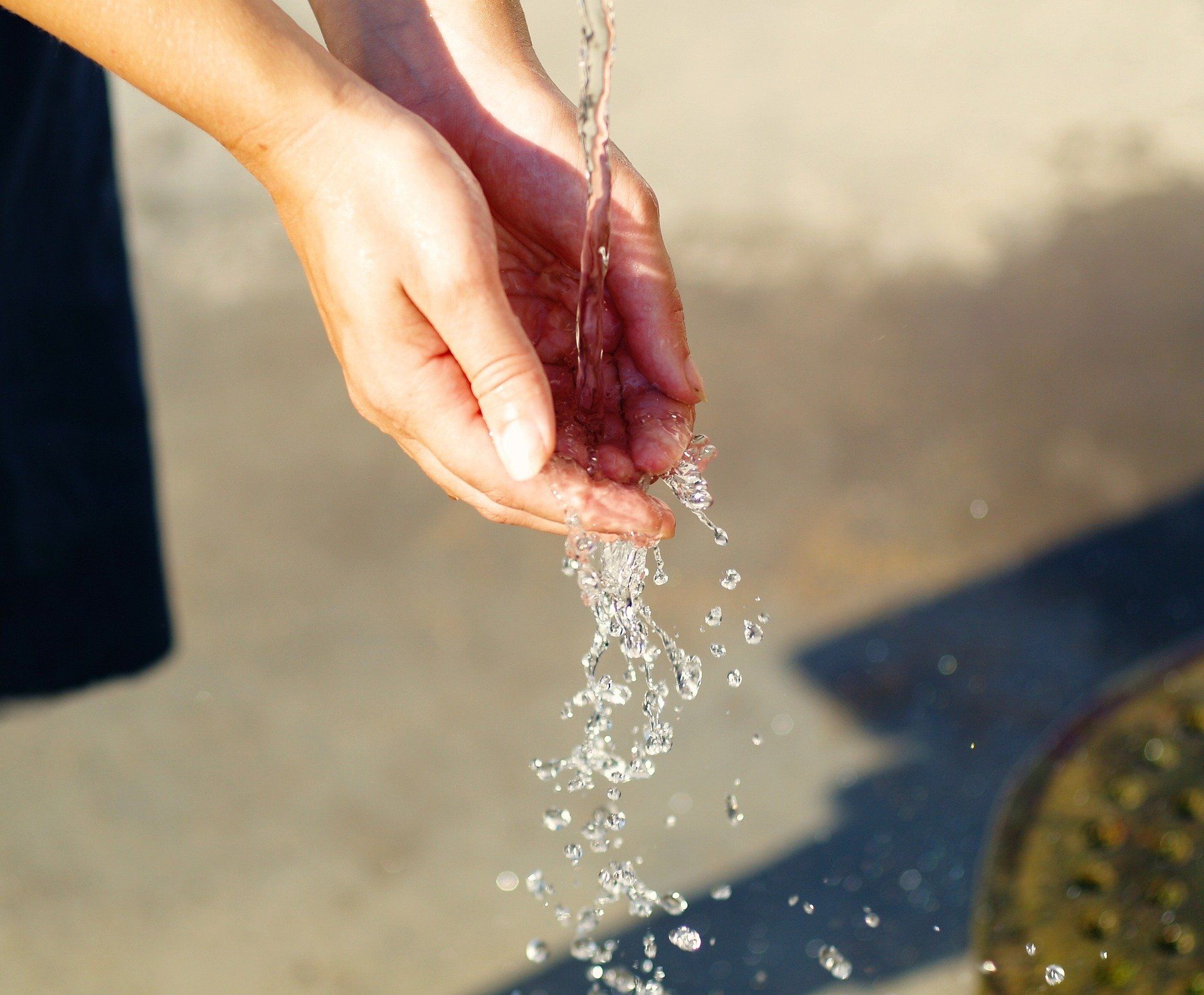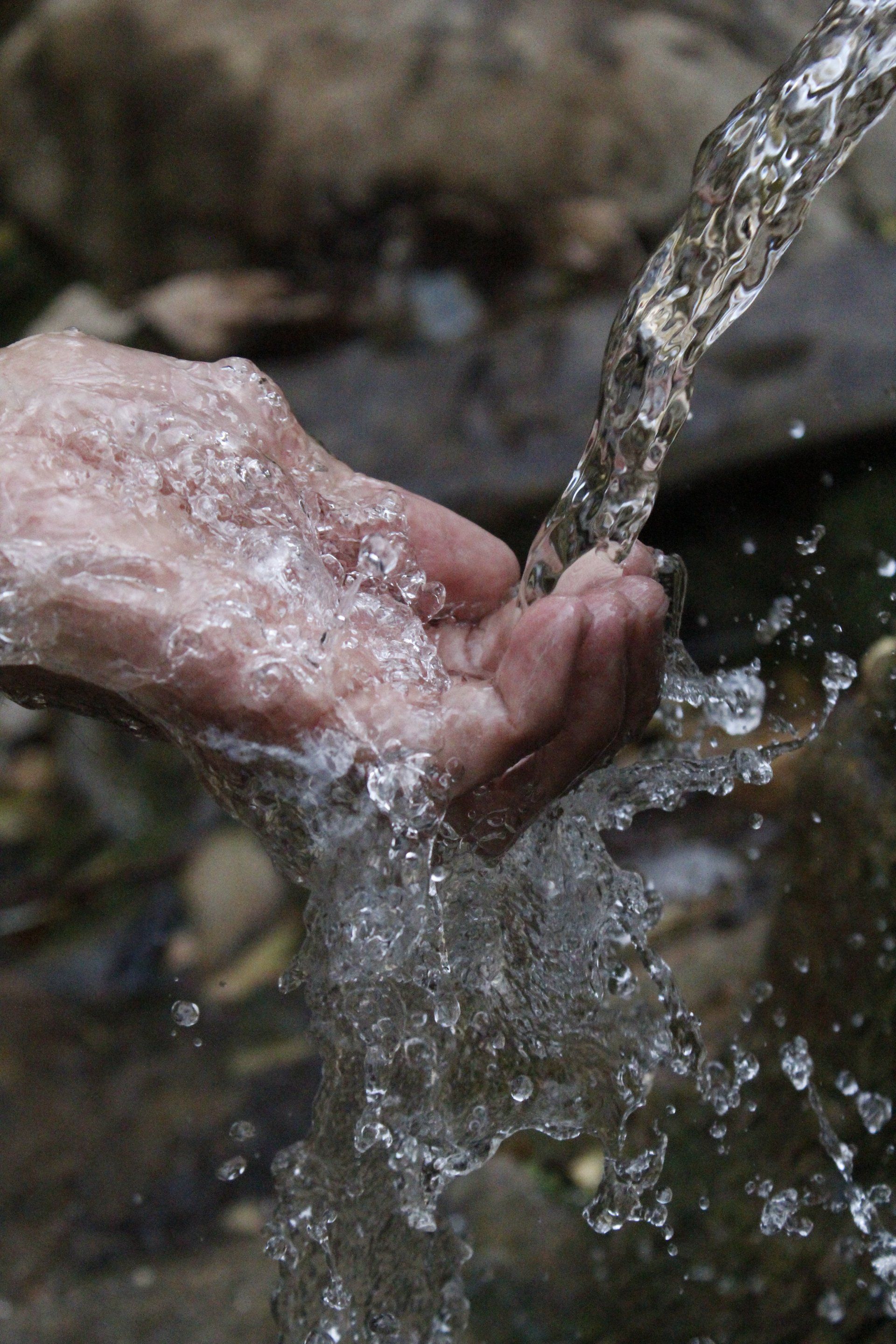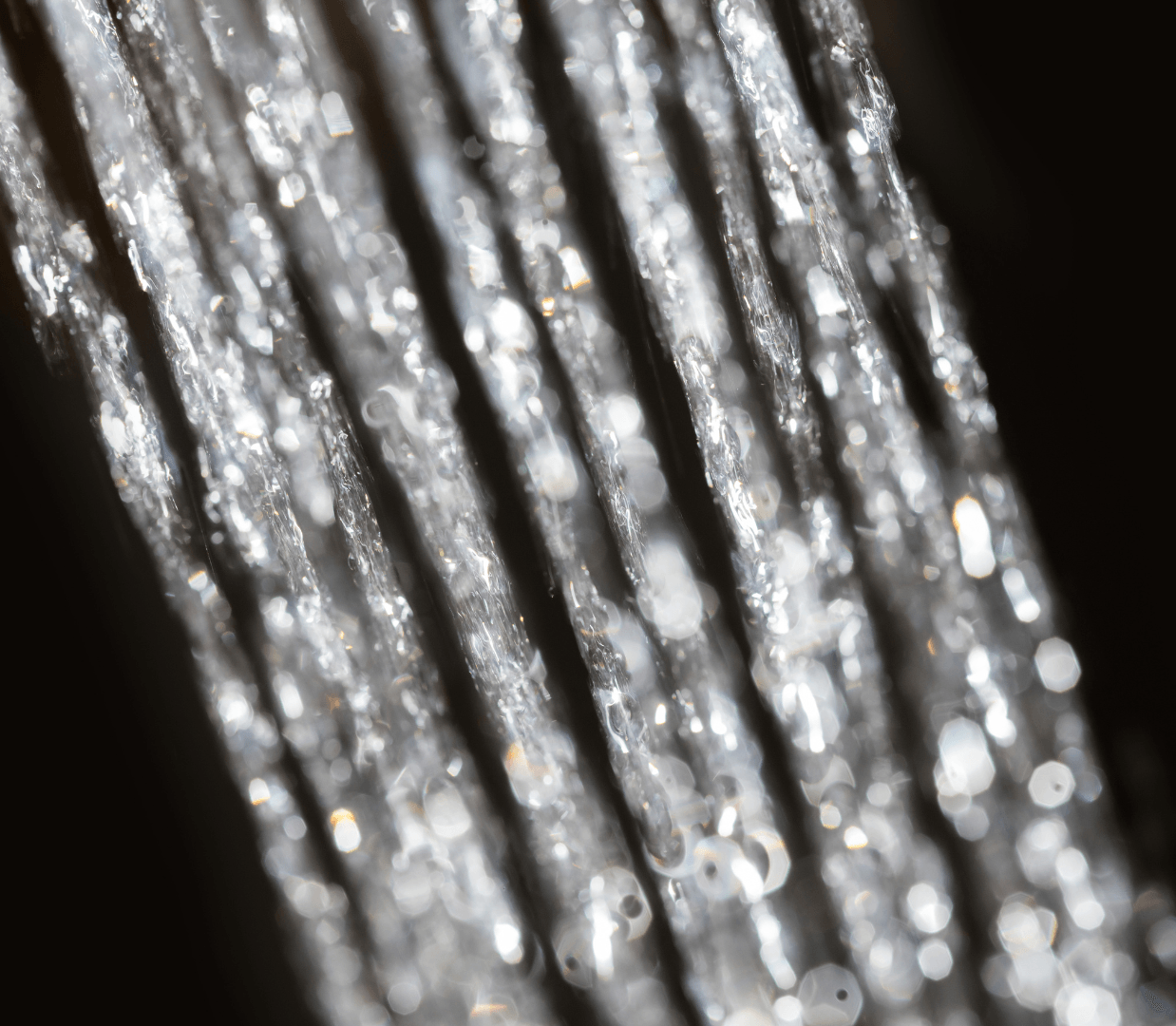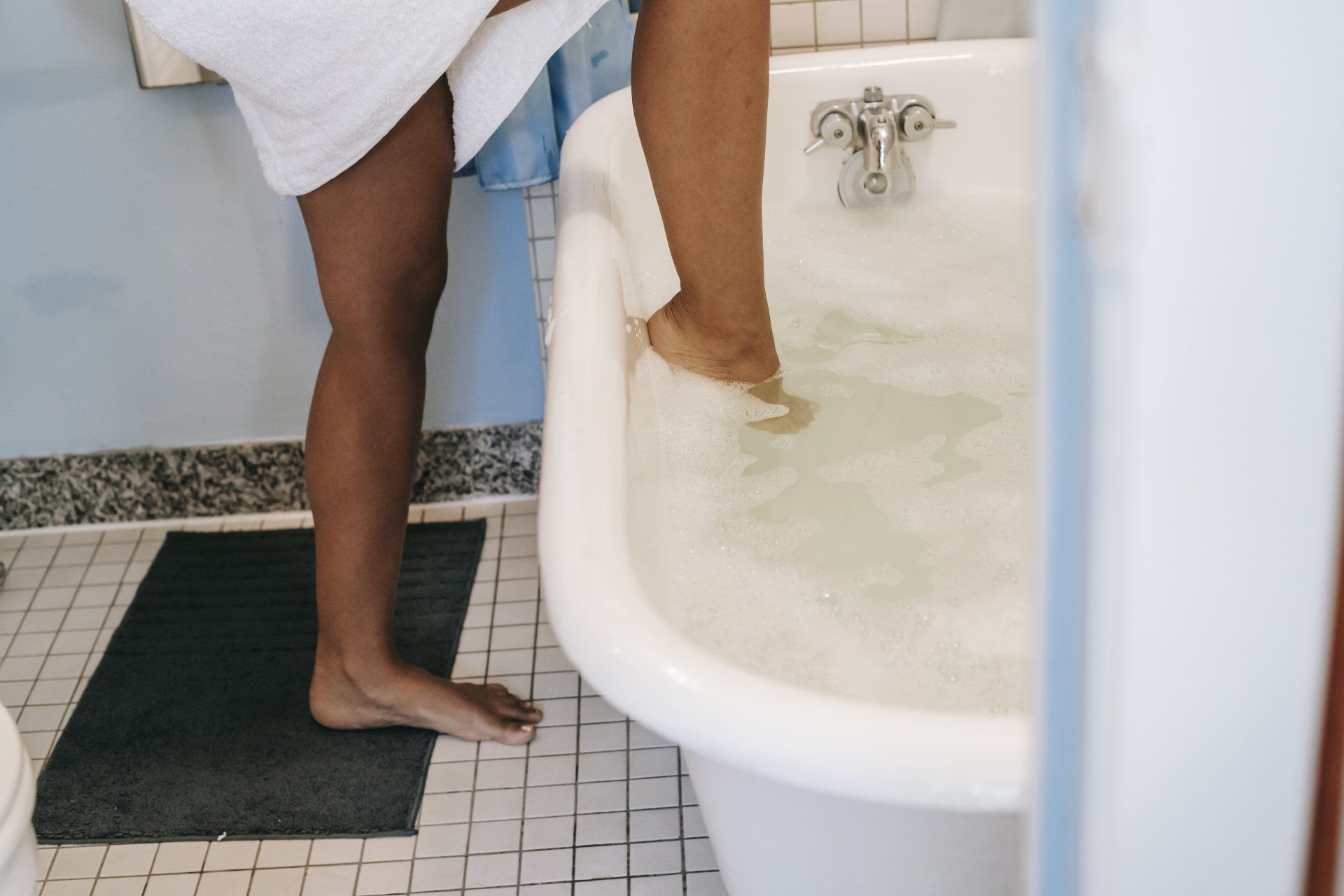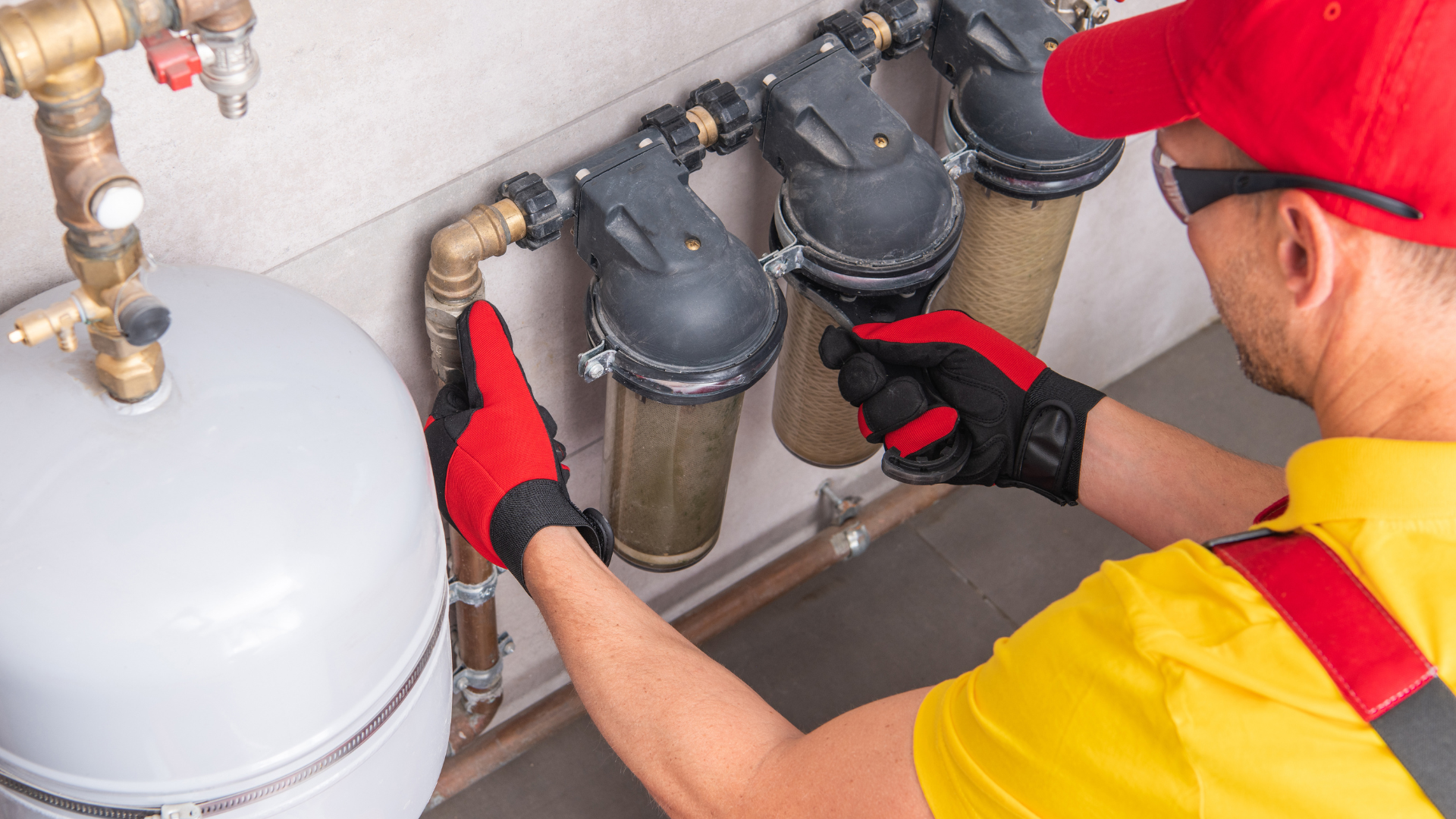What Exactly Is Hard Water?
Hard water is a term that is thrown around a lot, but is poorly understood by the average person. Given that it sounds like the name of a heavy metal band, it’s easy to understand why many people feel disturbed when the lab testing on their tap reveals that their water is hard.
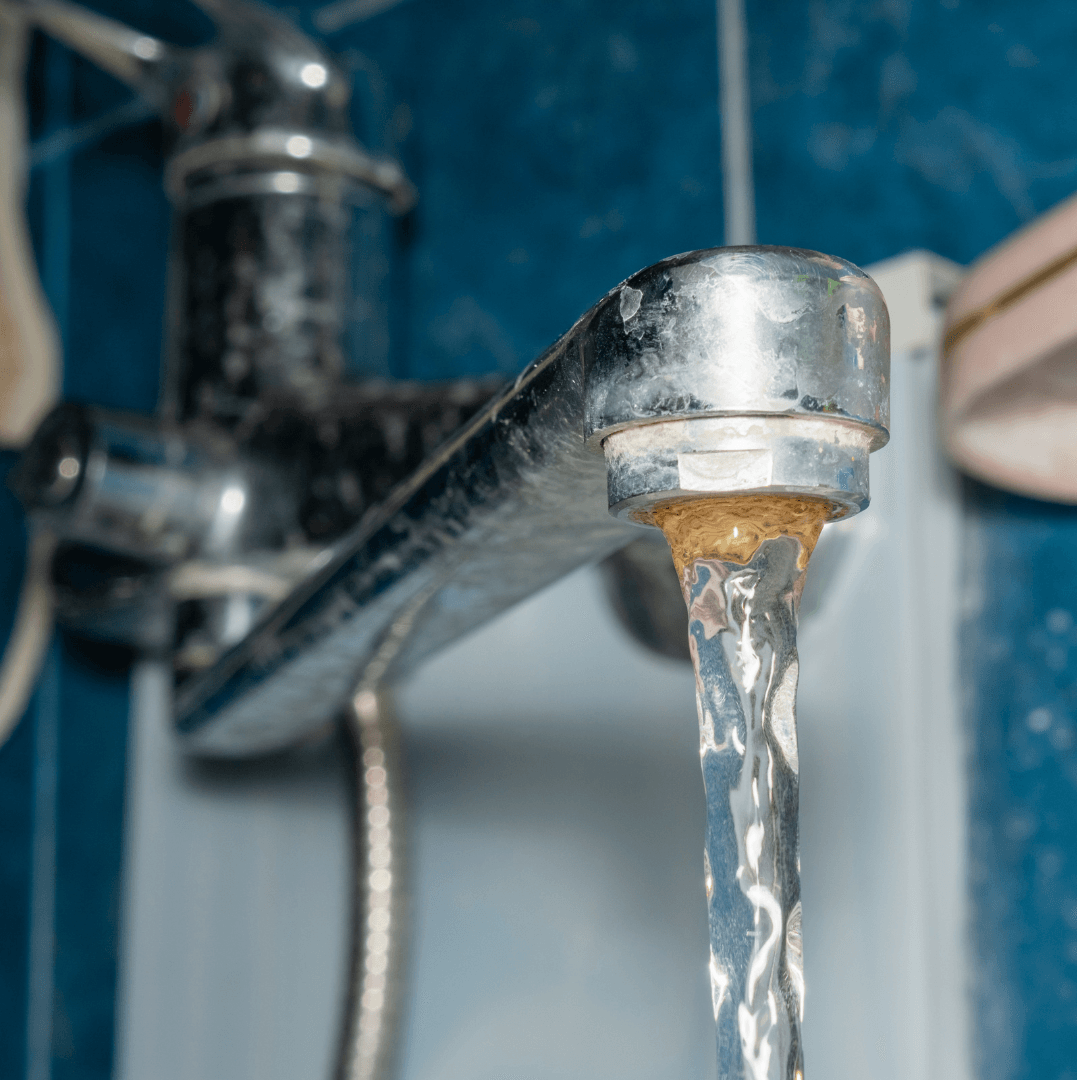
So what exactly is hard water? Let’s take a look at what it is, its potential effects on health and property, and what kind of solutions are available to homeowners.
What Is Hard Water?
The simplest explanation is that hard water is designated as such based on the presence of dissolved calcium and magnesium carbonates.1 Water containing less than 61 mg/L of calcium and magnesium carbonate is called soft water, while the presence of more than 61 mg/L is hard water. Hard water is further aggregated into moderately hard, regular hard, and extremely hard.
Hard water is caused by groundwater moving through soil and porous rocks such as limestone. Water is an excellent solvent for calcium and magnesium, so small amounts of these minerals leach into it and remain suspended as a solution.
Hard water is most prevalent in private wells, but also is found in municipal water sources. An estimated 85% of all drinking water in the US is at least moderately hard.2
What Are the Effects of Hard Water?
It should first be noted that most hard water is perfectly safe for drinking. You may even read that hard water could be a good source of minerals as both calcium and magnesium are important dietary supplements in humans.3 But that’s not the whole story. Research has suggested that drinking water that is extremely hard for long periods of time may contribute to serious health issues including cardiovascular disease, growth retardation, and reproductive failure.4 (Once again, the vast majority of hard water is safe for human consumption. Only the most severe cases of hard water carry these health risks.) Additionally, people with sensitive skin due to conditions, such as eczema, may find hard water to be irritating to their skin.5
The most pronounced and common negative effects of hard water are usually related to property. Many homeowners with hard water find themselves in the frustrating situation of finding their dish and laundry detergents ineffective in properly cleaning. Most soaps react with calcium, which has the effect of reducing their cleaning efficacy and leaving behind a filmy residue commonly referred to as “soap scum.” The other major issue with hard water is that it causes scaling, the buildup of calcium deposits, in pipes and machinery. Though relatively easy to remedy, scaling can lead to burst pipes and other damage to property if left untreated.
What Can I Do if I Have Hard Water?
As we’ve noted in previous articles, the first step you should take is to have your tap water lab tested to determine the severity of your hard water. We can help with that. Homeowners who get their water from wells should have their water tested at least once a year, as it is not regulated by any local municipalities.
If your water is extremely hard and you have been experiencing a decreased quality of life due to irritated skin and dishes that never seem to be clean, your best option is to have a water softener installed in your home.
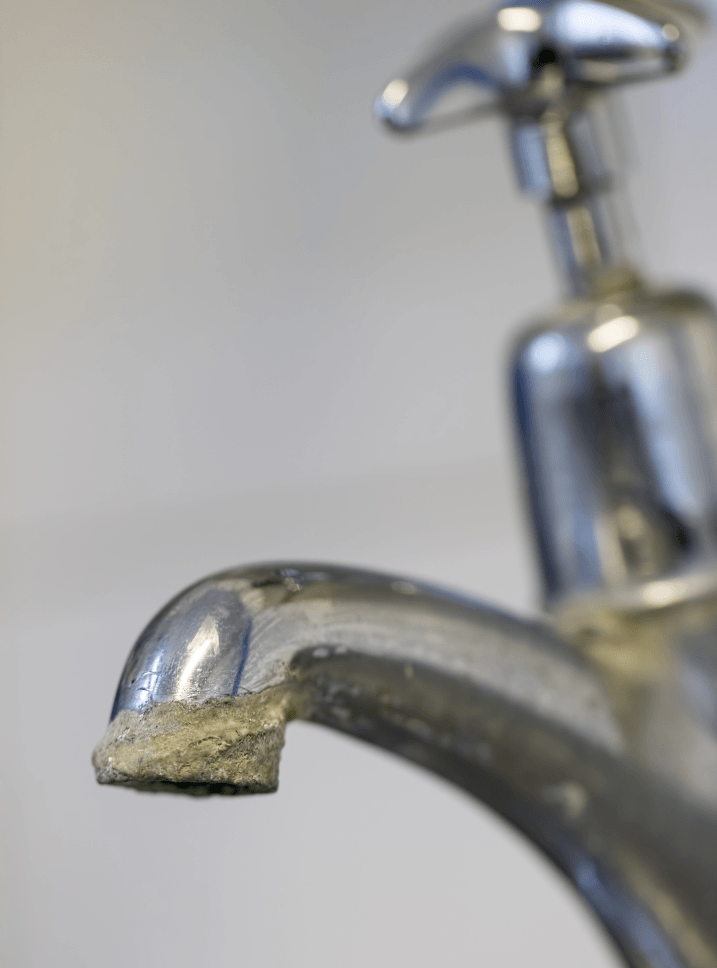
That’s where we come in! Quality Water Inc. has extensive experience in treating hard water and providing our customers with effective water softeners that remove the excess calcium and magnesium carbonates as well as other trace minerals from your water supply. If you’ve been suffering from hard water, please do not hesitate to reach out to us and let our expertise get to work for you!
https://www.usgs.gov/special-topics/water-science-school/science/hardness-water#:~:text=Hard%20water%20is%20high%20in,residue%20left%20on%20your%20hands.- https://ecopure.com/learning-center/what-is-hard-water/
- https://www.mcgill.ca/oss/article/health-you-asked/you-asked-hard-water-dangerous-drink
- https://www.ncbi.nlm.nih.gov/pmc/articles/PMC319-393-3691/
- https://nationaleczema.org/blog/hard-water-eczema/
